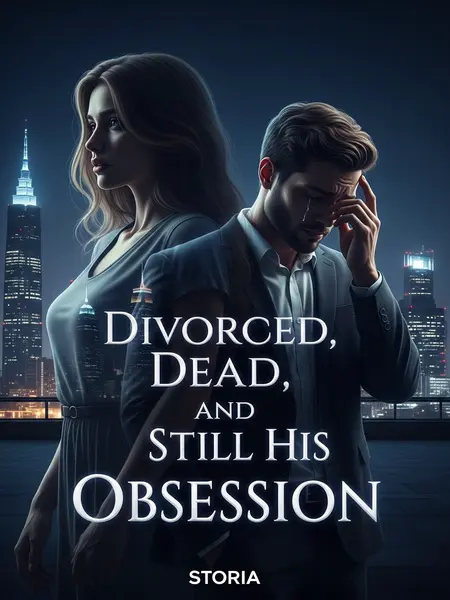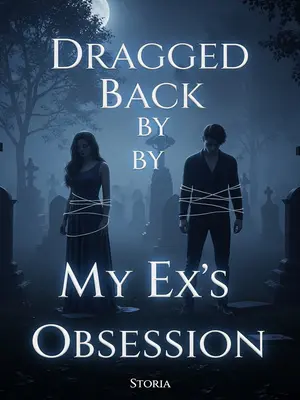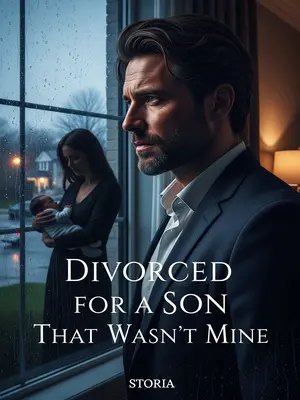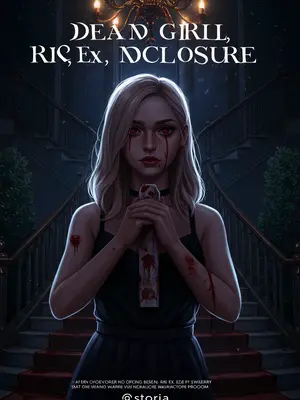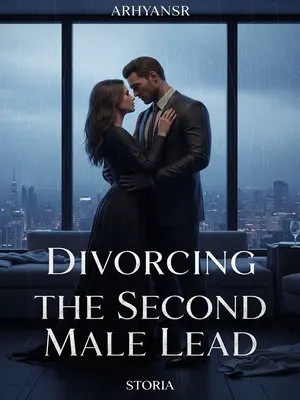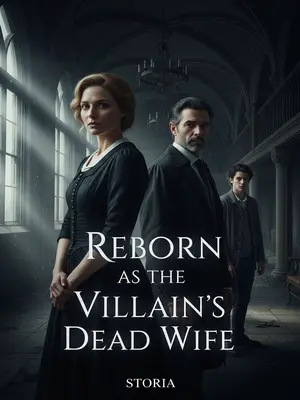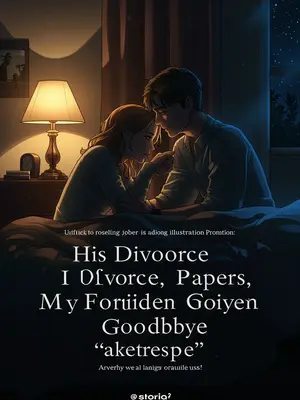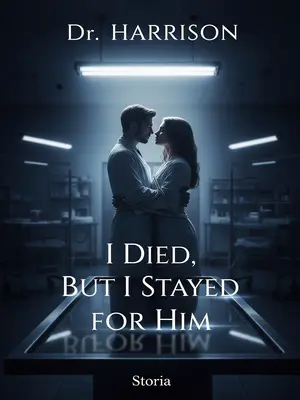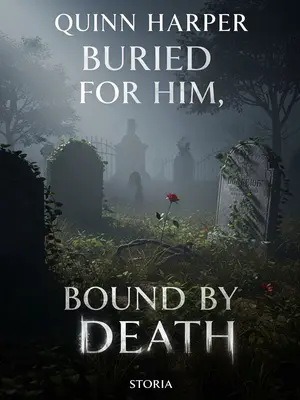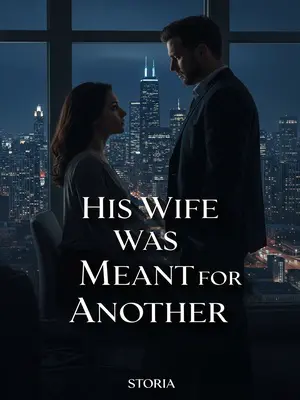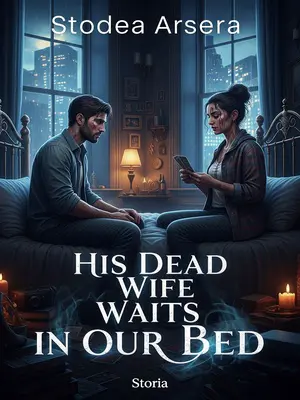Chapter 7: Unfinished Business
Through the peephole, I see Derek’s handsome face twisted with impatience.
His jaw clenched, eyes narrowed, hair mussed from running his hands through it too many times. He looks like a man who’s slept in his suit, but I know that’s impossible—he’d never let himself appear so unkempt, not in public.
He knocks irritably, repeatedly pressing the doorbell.
The bell echoes through the hallway, sharp and demanding. Each press feels like a jolt to my nonexistent heart.
"Natalie, don’t think you can get my attention this way. This trick won’t work on me."
Derek’s voice comes through the door.
His words are clipped, almost bored. The kind of tone he uses in board meetings when someone pitches an idea he’s already rejected.
I’ve always been afraid of Derek’s negative emotions.
No matter how happy I was a moment ago, as soon as he appeared and frowned, I’d feel like the sky was falling.
The memory of his disapproval is so strong, I almost flinch out of habit. My stomach twists, old anxieties bubbling up even in death.
Before marrying Derek, my parents warned me again and again never to anger him, since whether our family could recover depended on whether he’d help us for the sake of the marriage certificate.
I can still hear my mother’s voice—"Smile, Natalie. Apologize, Natalie. Think of your sister and brother." The burden pressed down on my shoulders, heavier than any backpack I’d ever worn.
The night before the wedding, my mother packed my things while advising, "After you marry, you must learn to please Derek and his family. Your sister and brother still need money for school. Think of them too."
I looked down at my wedding shoes, lips pressed tight, saying nothing.
The shoes were too tight, pinching my toes. I wondered if I’d get blisters before the reception even started.
If not for the wedding, I should have gone to work that day—eighty bucks for a day’s part-time job.
I thought about the lost paycheck, mentally subtracting it from my student loan balance. Even joy was measured in lost wages.
Because of this, after marriage, whenever I sensed Derek’s mood was off, I’d always apologize first.
It became a reflex. A survival mechanism. I said "sorry" so often, the word lost all meaning.
In the end, I couldn’t even tell who was right or wrong anymore.
Brainwashed by my parents, I felt that if Derek was angry, it was my fault.
So even now, after death, seeing Derek’s displeased face at my door, I instinctively feel I’ve done something wrong and should apologize.
But now, I can no longer respond to his negative emotions.
The realization is freeing—and terrifying. For the first time, I see him not as my judge, but as a man outside my life, banging on a door that no longer opens for him.
With no answer to his knocking, Derek grows even angrier.
He calls me several more times. My phone in the bathroom rings with my usual ringtone.
The sound cuts through the air, relentless. My old life calling out, but I can’t pick up.
This apartment was a wedding gift from Derek’s mother before the wedding.
She was a good person. She told me, "Although I’m asking you to marry my son, I also worry you might suffer in marriage, so I want to give you a place of refuge."
Her kindness was a rare warmth. She pressed the keys into my hand with a sad smile, like she knew what might come.
It’s a small apartment, about 850 square feet, two bedrooms and a living room. The phone is in the master bathroom, but I can still hear the ringtone from the door.
Derek hears it too.
He slaps the door. "Well done, Natalie. You’d better hide for life and never let me see you again. I left your things at the door. Don’t come to my house for them again."
He hangs up, kicks something at his feet, and storms off.
His footsteps echo down the hall, sharp and final. The box makes a dull thud as he shoves it aside.
I hide at the door, not daring to breathe.
Everyone says they’re afraid of ghosts, but now that I’ve become a ghost, I’m afraid of Derek outside the door.
Damn, I really am trash.
The self-loathing sits heavy in my chest, a familiar ache that even death hasn’t cured.
